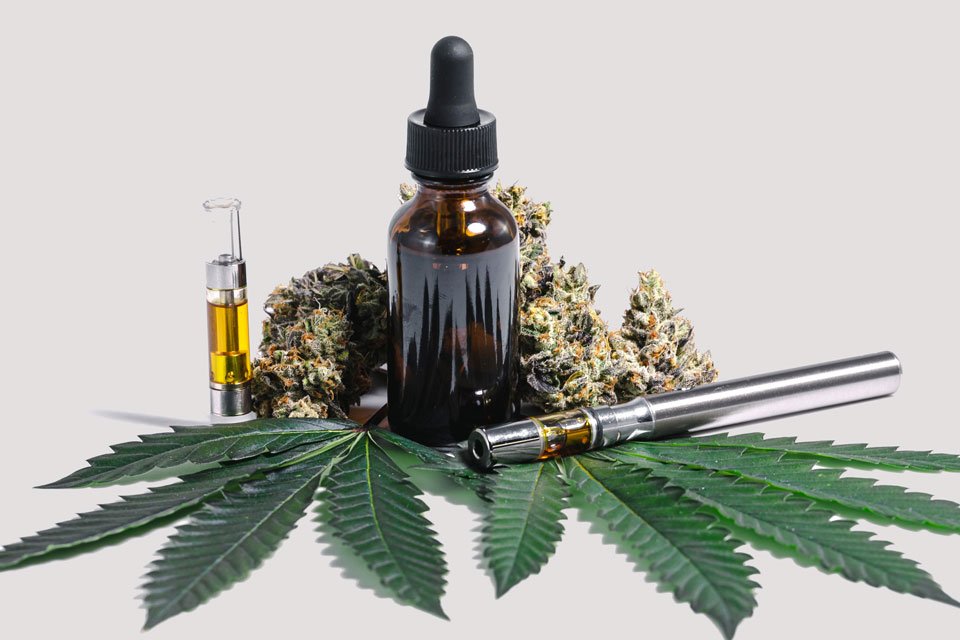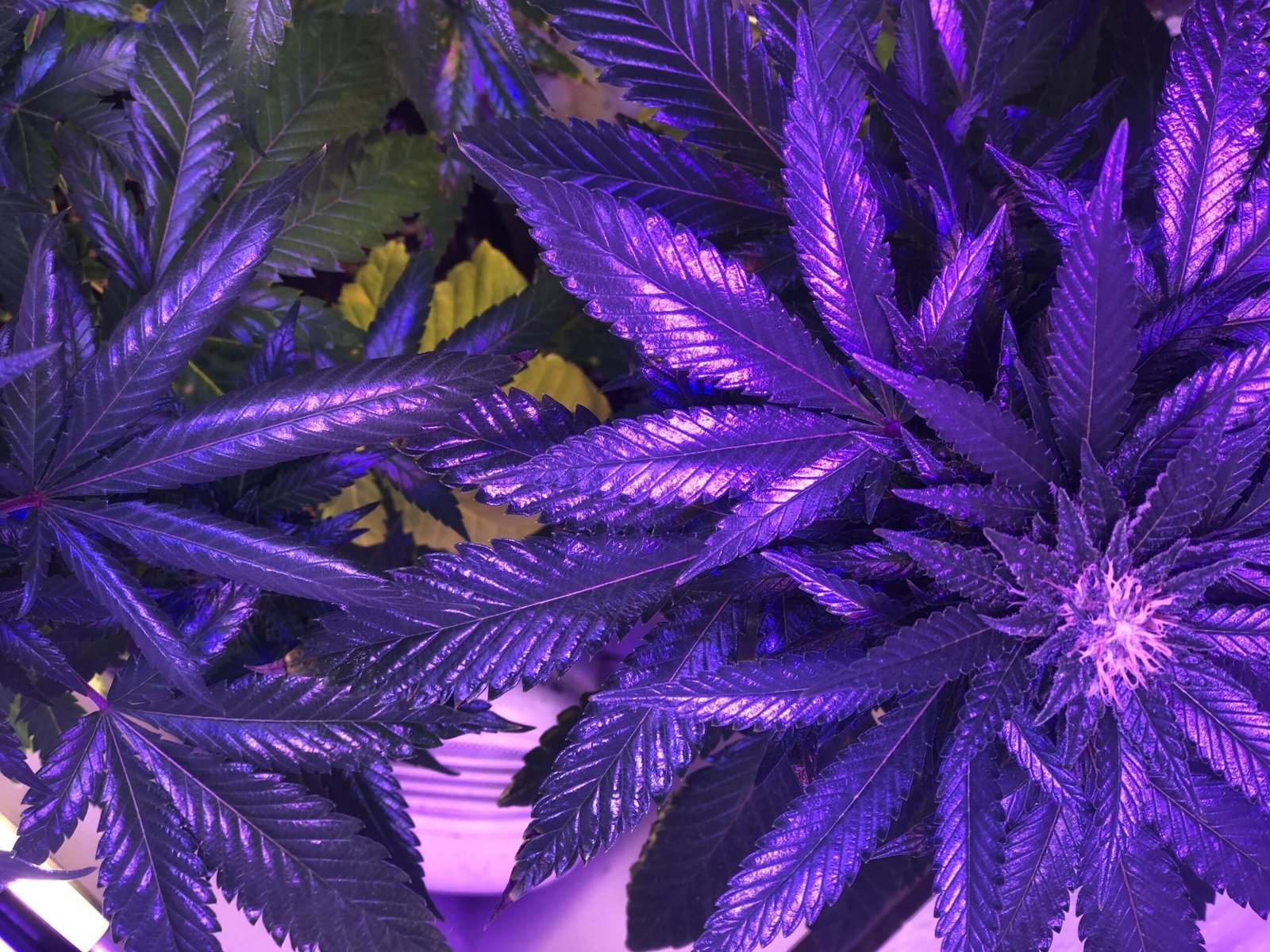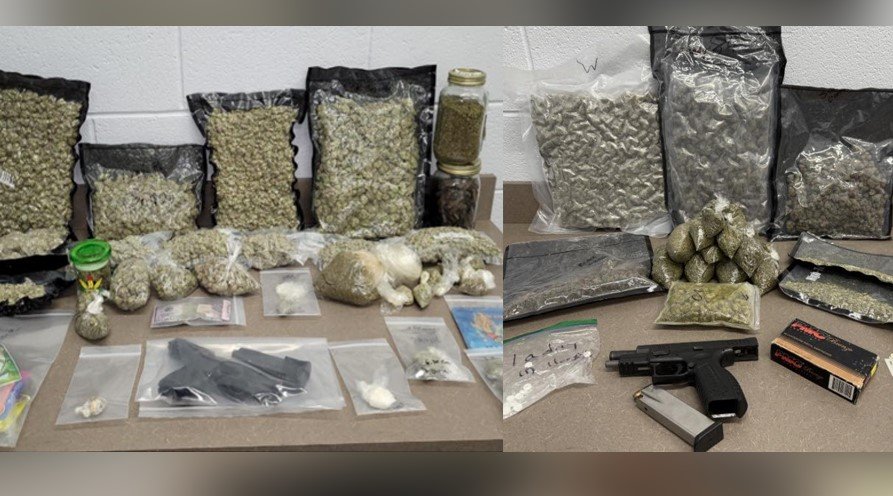The hemp industry and marijuana multi-state operators (MSOs) are clashing in Missouri as they navigate a complex political landscape regarding hemp-derived THC products. Established marijuana interests are pushing for legislation that aims to restrict these products, while simultaneously creating exceptions for major corporations in the alcohol and cannabis sectors. This insight comes from Eapen Thampy, a Kansas City-based lobbyist with 16 years of experience in cannabis policy.
Thampy explained that the push for restrictions on hemp products is largely driven by the marijuana industry, which is concerned about potential federal changes that could allow for interstate commerce. He stated, “Part of why you’re seeing all these bills that are trying to restrict hemp products… is because the marijuana industry… understands that when Schedule III comes down federally and interstate commerce and marijuana becomes legal, then their state-by-state licensing monopolies are over.”
This year, many proposed bans have taken on a new form, introducing specific carve-outs that favor politically connected companies in the marijuana sector. Thampy described this as a coordinated effort by larger cannabis companies to maintain their market dominance while capturing as much market share as possible. He noted that these dynamics are unfolding in states like Florida, Missouri, and Texas.
In Missouri, Thampy highlighted that this is the third consecutive year that proposals to ban THC products have surfaced. However, for the first time, the legislature is also considering bills that would regulate rather than prohibit these products. He pointed out a division within the industry, with the Missouri Hemp Trade Association taking a “no compromise posture,” while other businesses are engaging proactively with lawmakers.
The lobbying environment has also grown more complicated, with various factions within the alcohol industry pushing different legislative agendas. Thampy humorously remarked on the situation, saying, “There’s language in a marijuana industry bill that would carve out the beverage side. But then this week we’re hearing there’s other alcohol interests that are pushing their own language… at this point I might as well just make some popcorn.”
Looking ahead, Thampy predicted that by the end of the year, Missouri’s marijuana market would likely be dominated by about ten companies holding the majority of licenses, many of which are out-of-state entities. This contrasts sharply with the hemp industry, which he described as being predominantly comprised of “Missouri-owned small operators” and “mom-and-pop shops.”
The focus on preserving beverage products while limiting other hemp-derived items appears to be largely influenced by the interests of alcohol distributors. Thampy noted, “If you’re a beer distributor and you’ve got this any brand that’s like really doing well, you probably don’t care about vapes or flower or whatever. You’re just like, how can I get more regulatory clarity for my product and expand my distribution?”
With eight weeks remaining in the legislative session, the outcome of these lobbying efforts will likely shape the future of both the hemp and marijuana industries in Missouri.




